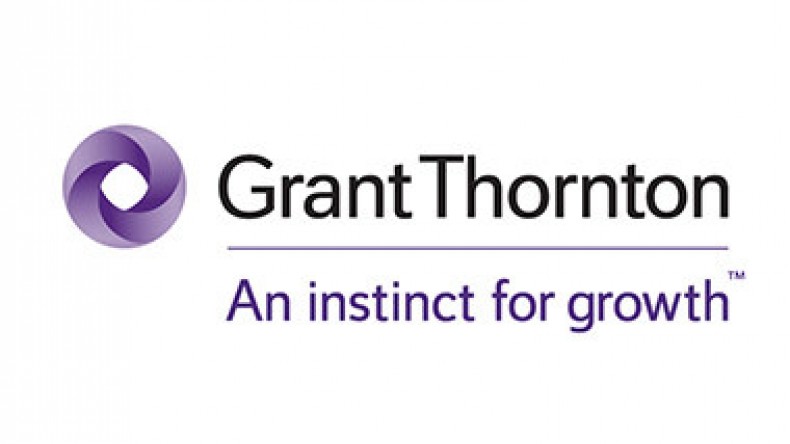
Grant Thornton: Sovereign debt crisis represents a challenge to hopes for a more united Europe
On the eve of this week’s European Parliament elections, new research from Grant Thornton reveals that despite the economic problems caused by the sovereign debt crisis, support for the euro amongst business leaders remains strong. However, support for further European integration appears to be waning in France and Germany, the architects of the EU project. With right-wing, anti-EU parties set to make significant gains in the European Parliament, a decline in business support represents a challenge to hopes for a more united Europe following the sovereign debt crisis.
The findings, drawn from Grant Thornton’s annual Future of Europe report, show that 93% of businesses in the eurozone area want to see the euro survive and three in four (75%) say that entry into the single currency has benefited their organisation. Business optimism has also risen across the eurozone from 8% to 25% over the past three months.
However, when asked whether they would like to see further integration between member states, businesses in France and Germany were markedly less positive compared with this time last year: in Germany, 55% of firms are now open to further economic integration, down 20 percentage points from this time last year; in France, support has dropped 12 percentage points to 57%.
Similarly, support for further political integration in Germany has fallen from 61% in 2013 to 53% this year, and in France from 35% to just 22%. The proportion of business leaders in France and Germany who do not want to see any further European integration have risen by 9 and 12 percentage points respectively.
Mr. Gagik Gyulbudaghyan, Managing partner at Grant Thornton Armenia, commented: “The results show that the vast majority of business leaders in the eurozone remain committed to the success of the single currency as the region ramps up its recovery from the sovereign debt crisis.”
The IBR also reveals that while business support for further EU integration has wobbled in France and Germany, it is picking up elsewhere. Support for greater economic integration is increasing in a number of economies including Poland (54% to 67%) and Italy (56% to 61%). In Ireland, 95% of business are now open to further integration, up from 68% this time last year.
Mr. Gyulbudaghyan added: “There’s no doubt that the picture across Europe is much brighter now than it was twelve months ago. And perhaps nowhere is this turnaround more evident than in Ireland, where the bailout programme has ended and business optimism has rocketed. There’s also improvement in other troubled economies like Portugal and Spain, both of whom are turning to exports again in a bid to exit recession.
“However, the recovery is fragile – Europe is not out of the woods just yet. Deflation is a growing concern, as is the plight of youth unemployment which is still unacceptably high. The situation in the Ukraine is also creating uncertainty. Against this backdrop, a loss of support at the heart of Europe’s business community is to be avoided at all costs if growth is to continue and the region is to strengthen.
“With EU reform high on the agenda for policymakers, it is vital listen to the views and concerns of businesses and work together to secure a prosperous future for Europe.”
Newsfeed
Videos






























